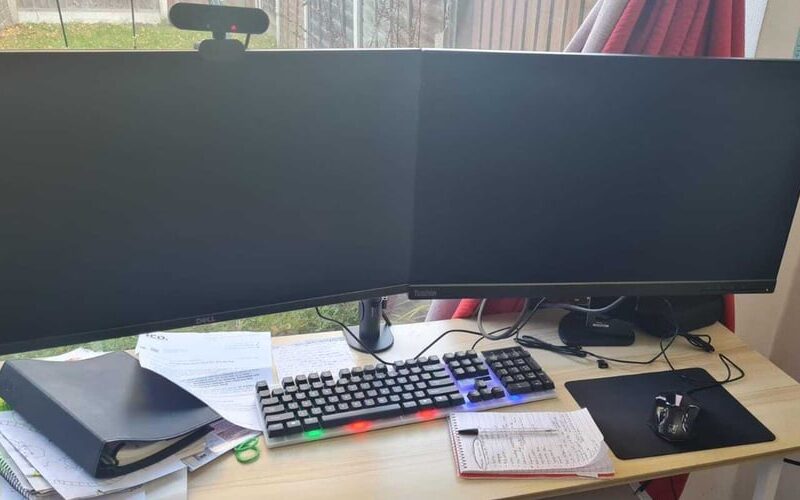In a world where time is a premium and the coding demands are high, finding efficient ways to streamline the coding process has never been more important.
Are you a beginner who needs help with condensing complex code into comprehensible, bite-sized explanations? Then, the below paragraphs are for you.
Google’s NotebookLM is designed to make learning code more accessible by converting dense programming concepts into audio content, bringing code to life in a way that’s both informative and interactive.
The virtual hosts on the podcast don’t just summarize—they add a conversational tone that makes complex ideas feel relatable. This feature is still experimental, and it’s part of Google’s broader mission to use AI for educational content generation. Using tools like SoundStorm, it creates natural-sounding dialogue to guide you through intricate coding concepts.
Just so you know, I turned a data science code session into a 7-minute podcast, and the main host’s voice sounded a lot like the Nigerian-British podcaster, Stephen Bartlett. It was remarkably lifelike, capturing the depth and nuance of real conversation. I was genuinely impressed!
And there’s more:
Here’s everything you need to know about this new tech and how to make the most out of it.
- Transform Code Documentation into Audio for Easier Understanding
With NotebookLM’s Audio Overview feature, Google is revolutionizing the way we approach coding by transforming lengthy code documentation into interactive audio, making dense technical content easier to understand.
According to recent sources, this is an incredibly effective way to digest complex information. You can upload code or documentation, and NotebookLM will analyze the content, generate an audio script, and synthesize it into a podcast.
I tried it with a Big Data Analytics script, and the outcome was impressive. Now, I’m planning to convert an entire project’s documentation into audio. This could be a lifesaver for anyone prepping for coding exams, learning new programming languages, or trying to grasp complex algorithms.
- Generate Podcasts from Your Code to Boost Learning and Collaboration
Want a fresh approach to tackling code? Try NotebookLM’s 2-person podcast feature.
Imagine having the key parts of your codebase, main functions, and algorithms broken down into bite-sized audio discussions. You could even create a channel where you share these audio summaries, offering insights, commentary, or even Q&A sessions about your code. This could be a fantastic resource for team collaborations or personal learning.
Personally, I’ve started a list of projects I want to turn into podcasts, which will allow me to revisit and understand my code on-the-go.
- Turn Coding Tutorials and Reference Guides into Podcasts
For your personal coding practice, you can use NotebookLM to transform coding guides, documentation, and complex programming tutorials into podcasts. You’ll be able to grasp core concepts, methods, and techniques without the need for lengthy reading sessions.
I did this with a Machine Learning guide, and I found myself understanding the model structures and algorithms at a much deeper level. Now, with podcasts, I can stay updated on coding concepts during my commute or while working on other tasks.
- Use NotebookLM as a Companion for Difficult Coding Concepts
If you’re a coding instructor, this feature is ideal.
You could create light-hearted audio explanations alongside visual aids, like code snippets or diagrams, to explain complex programming topics. This audio format can cater to different learning styles and make difficult concepts feel more approachable.
- Immersive, On-the-Go Coding Practice
Recently, a colleague experimented with converting an entire coding textbook into three separate podcasts—a perfect way to tackle intricate material from different angles on the go.
With NotebookLM, you can experiment with different audio prompts, making it possible to cover advanced coding topics in a manageable format. And for those times when you’re commuting or need to multitask, you can adjust the topics and lengths to suit your schedule, creating a truly engaging listening experience that feels natural and easy to follow.
In the future, I’m even looking forward to a feature that could convert lengthy code walkthroughs or programming series, like Full-Stack Development, into podcasts. If you’ve ever found it challenging to commit to long-form content, imagine having the ability to hear recaps summarizing the main points, best practices, and coding patterns.
Dear Google, I hope this is in the works! Xoxo
What coding projects or programming languages would you consider turning into podcasts?
Source link
lol

